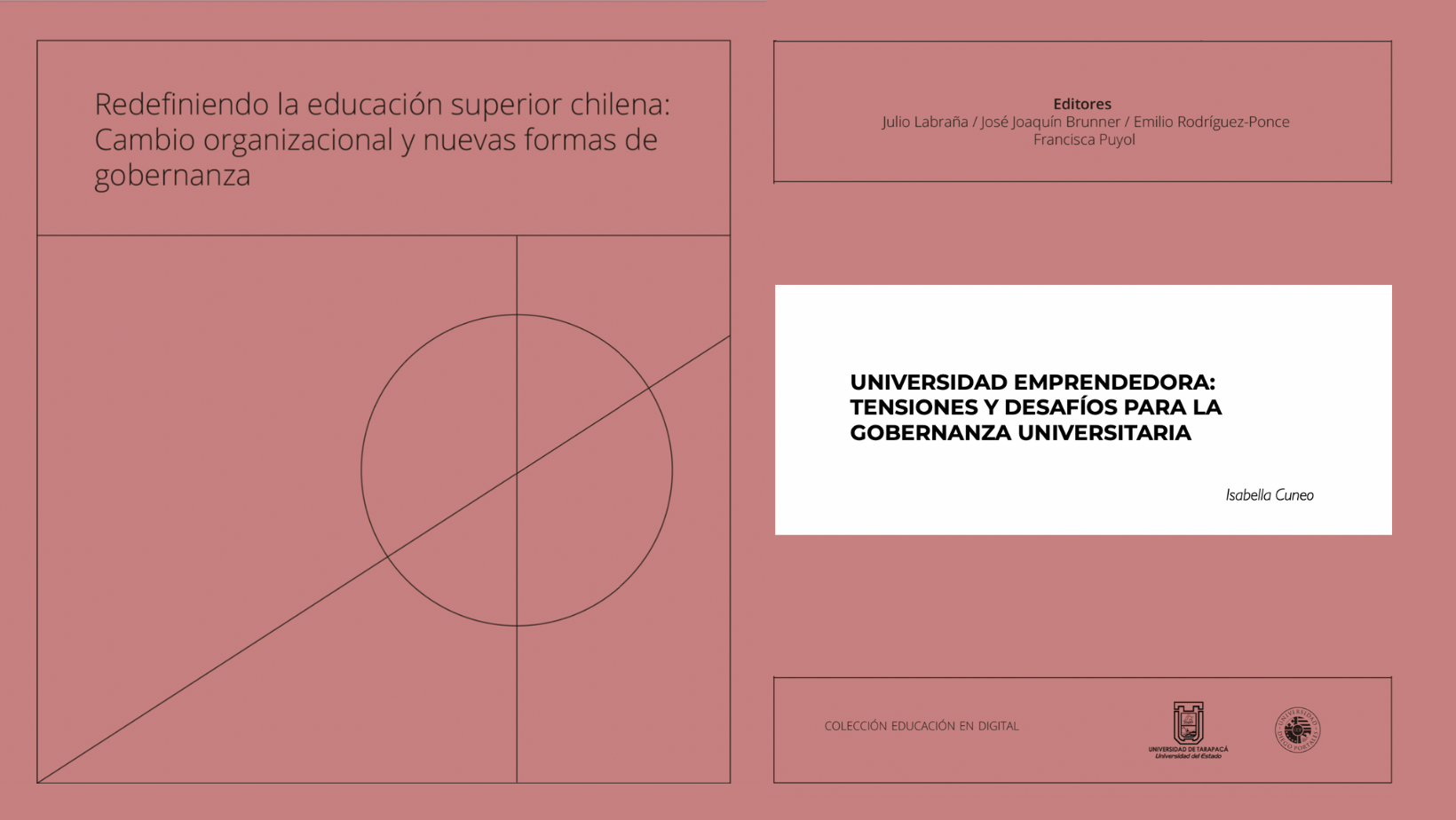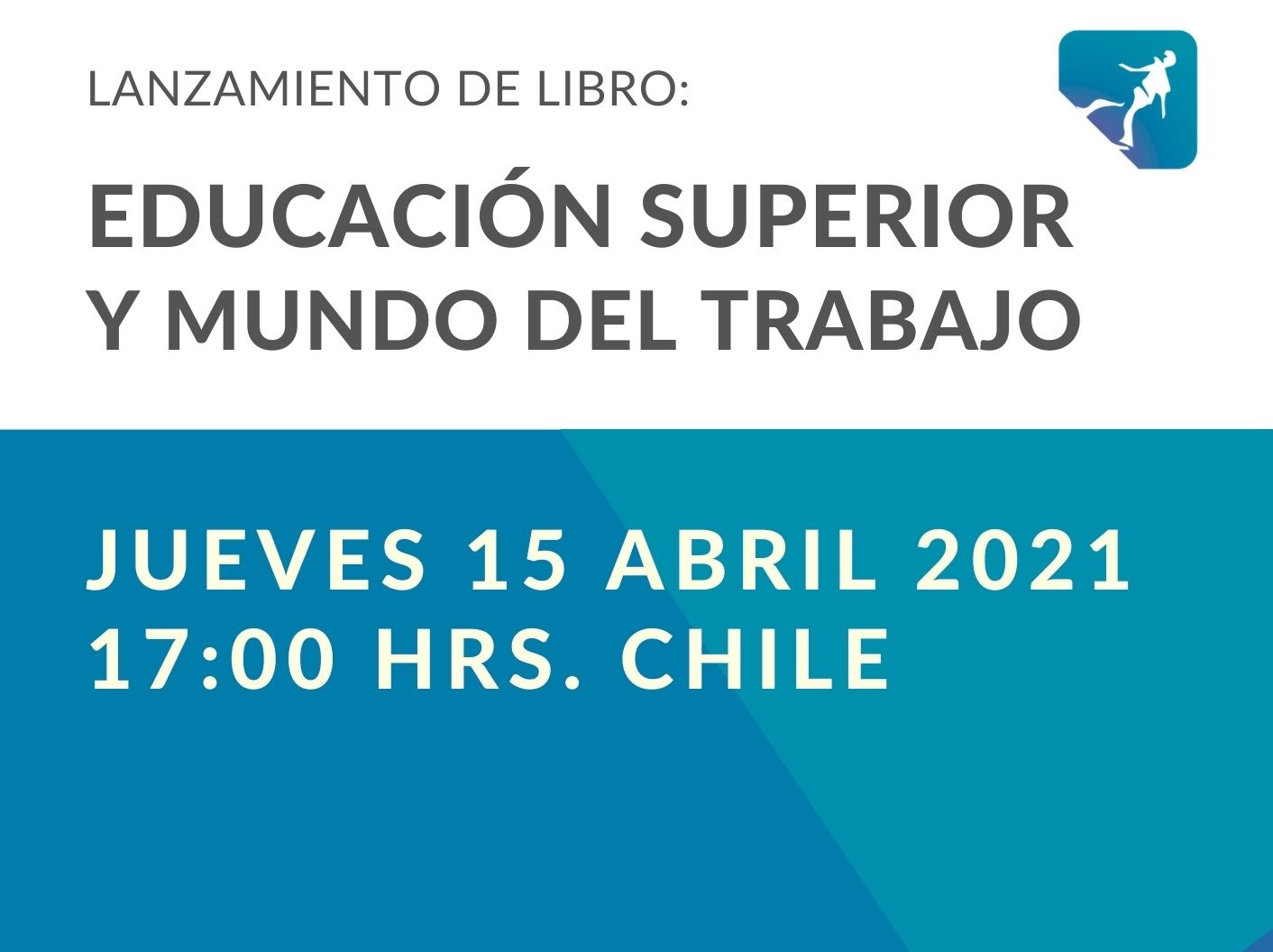 Country report on VET education, social inclusion and social cohesion in Kosovo. La investigadora Ocides, Jehona Serhati, participó como coautora de un estudio sobre educación técnico-vocacional en los Balcanes, particularmente en la realización del reporte país Kosovo. Un sistema educativo muy interesante para el análisis comparado.
Country report on VET education, social inclusion and social cohesion in Kosovo. La investigadora Ocides, Jehona Serhati, participó como coautora de un estudio sobre educación técnico-vocacional en los Balcanes, particularmente en la realización del reporte país Kosovo. Un sistema educativo muy interesante para el análisis comparado.
Mapping of VET educational policies and practices for social inclusion and social cohesion in the Western Balkans, Turkey and Israel Country report: Kosovo
The primary objective of this research study has been to understand the barriers and opportunities for building inclusive and equitable vocational education system in Kosovo. The second aim was to provide new evidence on the role of VET in combating social exclusion and building a more cohesive society and finally the study sought to investigate the role of vocational schools as an integral part of the local community and a key actor in the local skill development system. The study addressed six main themes (i) policies towards VET, social inclusion and social cohesion, (ii) the influence of selection and tracking on social inclusion, (iii) the extent of dropout from vocational education, (iv) patterns of vocational education and apprenticeship systems, (v) the transition from vocational education to work and (vi) the role of VET in promoting social cohesion. The participatory action research used both qualitative and quantitative methods, based on desk research, consultative meetings, in-depth interviews, focus groups and student and teacher questionnaires.
The research carried out three case studies of vocational schools in Prishtina, Prizren and Gjakova. The research results revealed the existence of both barriers and opportunities for inclusive vocational education in Kosovo. It was found that while vocational education plays an important role in addressing social inclusion because of the policies and measures in place, the vocational education system also contributes to some extent to the exclusion of marginalized groups partly due to the unfavourable labour market situation, but also due to ineffective policies and inadequate practices applied within the schools and in the community surrounding the school. The research revealed that several policies aim at promoting inclusive vocational education, but there are many implementation barriers. First, the legislation and strategic priorities set by the MEST are not interlinked with those of other line Ministries and do not respond effectively to the economic situation; Second, some recent reforms have not yet been implemented, so their impact is not yet known (i.e. the role of National Qualifications Framework and Accreditation system in providing a flexible and equal system for all). Third, the mechanisms created by national level policy makers do not correspond to the capacities available at the local level and in schools (i.e. the administrative order adopted for preventing dropout at schools requires additional financial resources for prevention and response teams within schools, while the new responsibilities devolved to municipalities lack capacities to deal with them). Finally, some of the opportunities available to vocational schools are not being used effectively (e-learning to meet the needs of disabled students, textbooks to all with no extra costs and other measures are not adequately used by schools, and the role of practice firms in providing opportunities to different marginalized groups).
The study revealed the extent of community involvement in school issues and schools efforts to promote their values in building a more cohesive local society, though this differs across schools. The vocational school in Prizren provides a good example of the dual role of vocational education in contributing to the employability of students as well as in supporting the local community. The school puts much effort in responding to minority needs, boosting talents in certain fields and in the high level of voluntary work and community services offered by its students. The business association, the civil society representatives, the parents and students themselves engage in proactive initiatives towards challenging the traditional beliefs that a school is simply an isolated education institution. Despite the economic and financial barriers that the school faces, it is making effective use of the available resources to provide a better environment for socially excluded groups. None of the schools face high dropout rates. However, all three schools reported a higher rate of dropout after the 10th grade, leaving most dropouts without any certificate. The potential risks for the drop-out were measured through a number of factors, such as: the happiness of students with the school, welcoming environment by teachers, the school environment, the level of learning from courses, and school rating based on the teaching methods, subject knowledge, friendliness of other students and friendliness of teachers. No drop-out preventive mechanisms were identified, despite the legislation in place. On the contrary, the school in Prishtina penalised the bad-behaved students whose return into the school is not an option. This suggests a need for prompt action to design measures to prevent dropout and provide more opportunities for students outside the system (in addition to adult education courses). The research has provided several significant insights into the relation between vocational education and social inclusion. Firstly, none of the case study schools have a formal system for tracking within the schools, which offers equal opportunities to all groups of students.
Secondly the three schools are less likely to select girls, students with disabilities and students with learning difficulties. Thirdly, vocational students choose a school less for the reputation it has but rather more for the support that it provides for their further study opportunities and future employment opportunities. Fourthly, students in two out of three case study schools provide limited opportunities to learn practical skills, as they lack workshops and equipment for practice. Fifthly, students have few opportunities for placement at local enterprises for their professional practice. These last two observations imply that, studying in poorly equipped schools and without much access to the world of work, vocational students are not adequately prepared for the labour market. This in turn leads to employment below their level of qualification, or in jobs outside their field of study. Employment of disabled people and those with learning difficulties is even more difficult. It was found that vocational schools may be less effective in providing employment opportunities for girls as many plan to continue their education and few to look for a job.
Finally, the level of qualification and the reputation of the school were found to be the main barriers to future employment, highlighting the crucial importance of vocational schools in the employability of graduates. We propose several actions for schools based on findings of the study. Firstly, schools should develop specific plans to attract students with disabilities and learning difficulties in profiles that suit these two groups; schools should develop plans to place such students in suitable companies for professional practice. Secondly, career guidance services should serve better students with disabilities, from minority groups and girls. Thirdly, schools should focus their efforts to prevent dropout on the first level of vocational schooling or the 10th grade. Fourthly, teachers should be better trained in studentteacher relationships and in dealing with socially excluded students. Our main recommendations are as follows (i) municipalities should analyse local labour market needs and understand the potential for employment of students with special needs and disabilities and ethnicities; (ii) practice firms should better address individual student needs; (iii) schools should better promote the profiles and degrees they offer and local job opportunities; (iv) schools should provide mentoring and coaching for the practical part of the vocational schooling to both promote but also address the inclusiveness in the education experience; (v) with the support of donors, NGOs dealing with issues of social exclusion should cooperate with vocational schools and address their specific needs, and (vi) schools and the system itself should encourage more the business associations to offer placements in companies for vocational students from disadvantaged groups.
Reporte completo disponible en: http://www.etf.europa.eu/webatt.nsf/0/63B1807A11ED531AC1257C2100331921/$file/KOSOVO%20-%20FINAL%20Report.pdf






